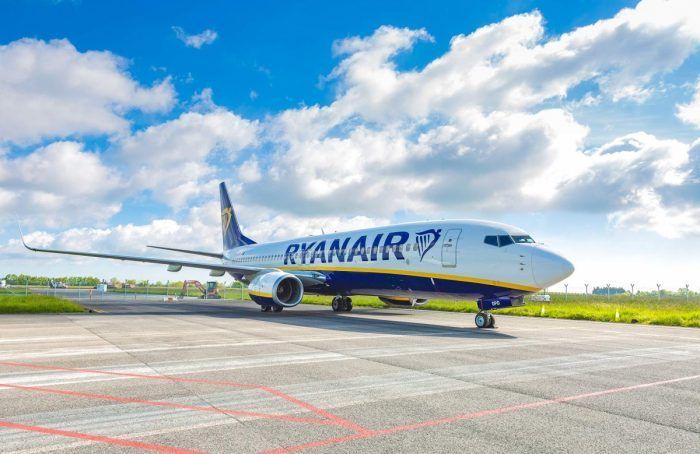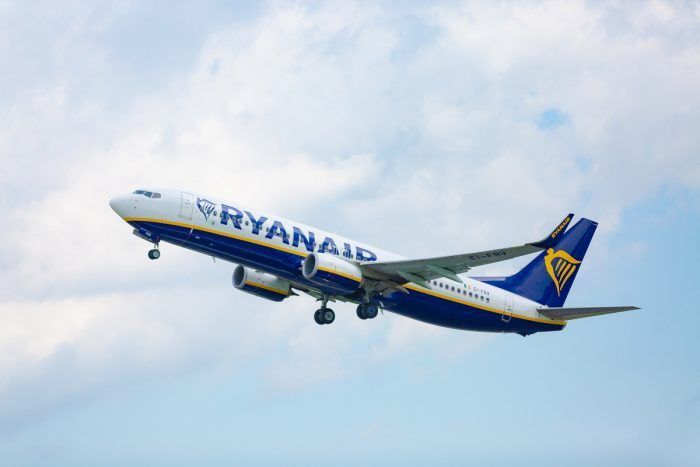Germany is set to increase its aviation taxes in April. The move is designed to create funds to allow the country's rail tax to be dropped. Thus, it is thought, passengers would be more likely to opt for rail travel where available.
The new rates of aviation tax are set to affect every operator within the country, however, those that could be hit hardest are low-cost carriers. Due to the new rules, we could see a hike in the lowest fares operated by the ultra-low-cost carriers such as Ryanair. Simple Flying explains why.
Crazy low fares
Ryanair is known for its, sometimes surprisingly, low fares. We've previously covered in-depth how Ryanair can sometimes sell flight tickets for less than the tax the airline has to pay. For example, in the UK Ryanair has to pay the government a set amount of Air Passenger Duty, a figure which is frequently higher than the price that the passenger paid for a ticket.
The extra revenue on these tickets to meet the cost of operating the flight are met by upselling passengers, in addition to charging other passengers higher fares. This means that, overall, Ryanair still makes a profit, despite making a loss on a limited number of flight tickets.
What about German tax?
Germany is planning to raise its aviation tax rates in April 2020. According to Skift, the tax charged will be dependent on the length of the flight. It will fall into one of three tiers.
Most likely to affect the majority of low-cost carriers is the short-haul tariff. This will see a rise of 75%, from €7.50 to €13.03. However, also increasing is the mid-haul tariff from €23.43 to €33.01, and the long-haul tariff from €42.18 to €59.43.
Why this matters
Now, you may think that an extra €7.50 isn't the end of the world. However, its the terms attached to these new taxes which may cause the problem for low-cost carriers and their super low fares.
Skift reports that "Tickets at dumping prices — meaning below-cost price — will be banned". This means that the base fare charged by airlines will have to become the minimum cost of operating that flight. In the case of full-service carriers, they likely already meet this threshold.
Some of Ryanair's cheapest flights in Germany cost just €10. Now, just with the new rate of tax considered, this fare falls short of the price to Ryanair. Adding in the cost of fuel, maintenance, crew, etc., the cost price will be even higher. As such, this could be the end of ultra-low-cost fares in Germany as we know them.
How do you think the new taxes will affect low-cost carriers? Let us know your thoughts in the comments!



